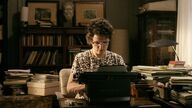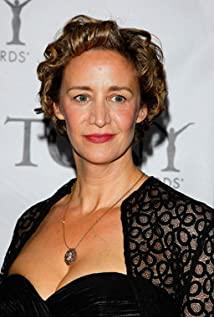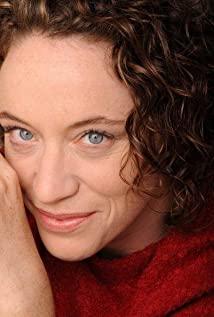Looking at it, I know that I am in a faraway place where only 50+ uncles are teachers, looking for a new personality model. Just look at them and get a good idea of who I want to be.
The question that confuses Arendt is how an ordinary person with no name can commit such heinous acts against humanity. ——In the face of evil, the most terrifying and real side is that you are surprised to find that behind the evil is not the horned monster in the fairy tale, not the gigantic and powerful Ultraman in Ultraman, with bizarre skin bulging and even flowing. The monster of pus, the real horror movie is, behind the evil is an ordinary person, inconspicuous, so ordinary that you always feel that the mission of carrying out evil is just on his head, next time it may fall on yourself, and then Felt shudder.
Her answer is to think. Thinking is a way for a person to talk to himself, when a person gives up thinking, he gives up on being a person (interestingly, it echoes the title of Rogers' book), he denies his own humanity, for human dignity, and then acts against humanity behavior is not surprising. All he does is execute the orders of others and ask others to think for him.
It seems that some logic is vaguely seen. The ending subtitle says that Arendt has been thinking about what evil is all his life. I can see from her answer that she believes in goodness, she believes that after thinking, she becomes a person after thinking. In people, goodness will appear naturally, goodness is inevitable, and evil is the lack of wisdom. This actually echoes many Western ethical theories: it is often read that evil is only the result of lack of wisdom.
At the beginning of the film, a sentence flashed by, which seemed to be a relay station for Arendt's thinking. She said that Eichmann never felt that the deaths of these people were his responsibility. This was the starting point of her surprise and thinking. I But was dragged down by one word here, she said, responsibility.
Is this word that appears over and over again but can't be explained, is it killing me?
Having said that, understanding does not mean forgiveness. In fact, understanding is based on the premise of suspending judgment. After understanding, you can still continue to judge, but in fact, it is difficult to continue to blame once the real understanding is achieved. Arendt understands not thinking at the level of personal consciousness, but who knows, maybe he wants to think, but is unable to bear the burden, he suppresses his responsibility, thinking, and guilt, because he thinks he has to live like this. Of course, I believe in human freedom, and no matter how bad it is, there is the freedom of life and death. But that's a personal choice. What prevented Hannah from continuing to think was her unacceptance of herself. She tried to separate her emotions from her philosophical speculations. Unfortunately, the speculations could be put down by Eichmann, but the emotions could not really be captured by Ahn. Lent is going to let go, she's going to speak up, she's going to be angry, she's going to fight back, she's going to be agitated, she's going to be sad - there's no way out of denial and non-acceptance, yes, that's my central point.
I have been back and forth between good and evil so many times, I just don’t know what position I really stand now, I can only say that I believe in the dignity of thinking, and I also believe in the unavoidable importance of emotion and experience. As for which one leads people to be kind , remains unrevealed.
Anyway, Arendt is still respectable, and the people who fill the lecture hall are also respectable, and you can probably see the respect for the opportunity to speak.
View more about Hannah Arendt reviews











